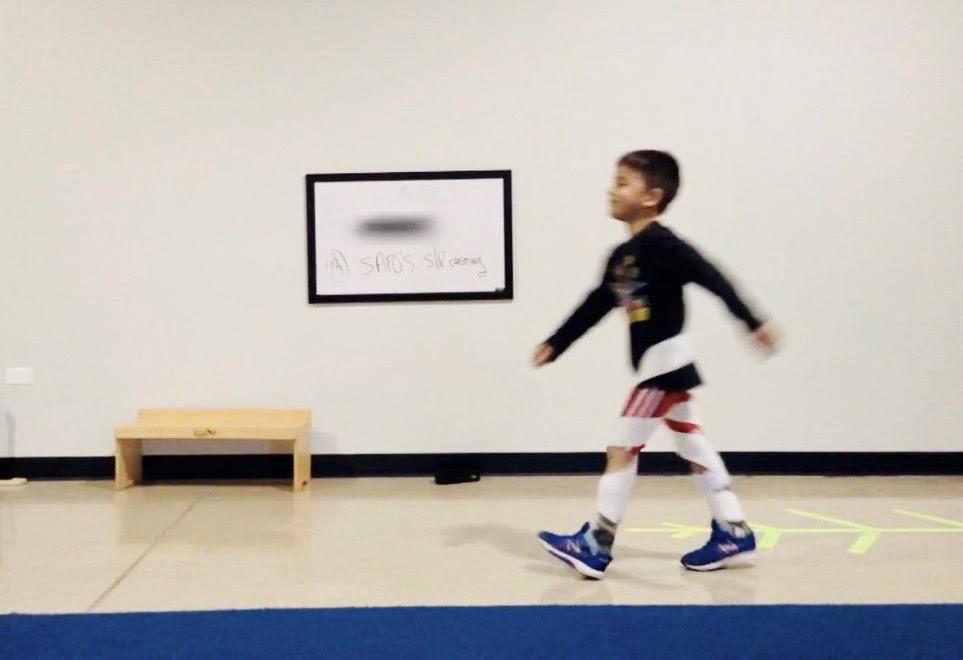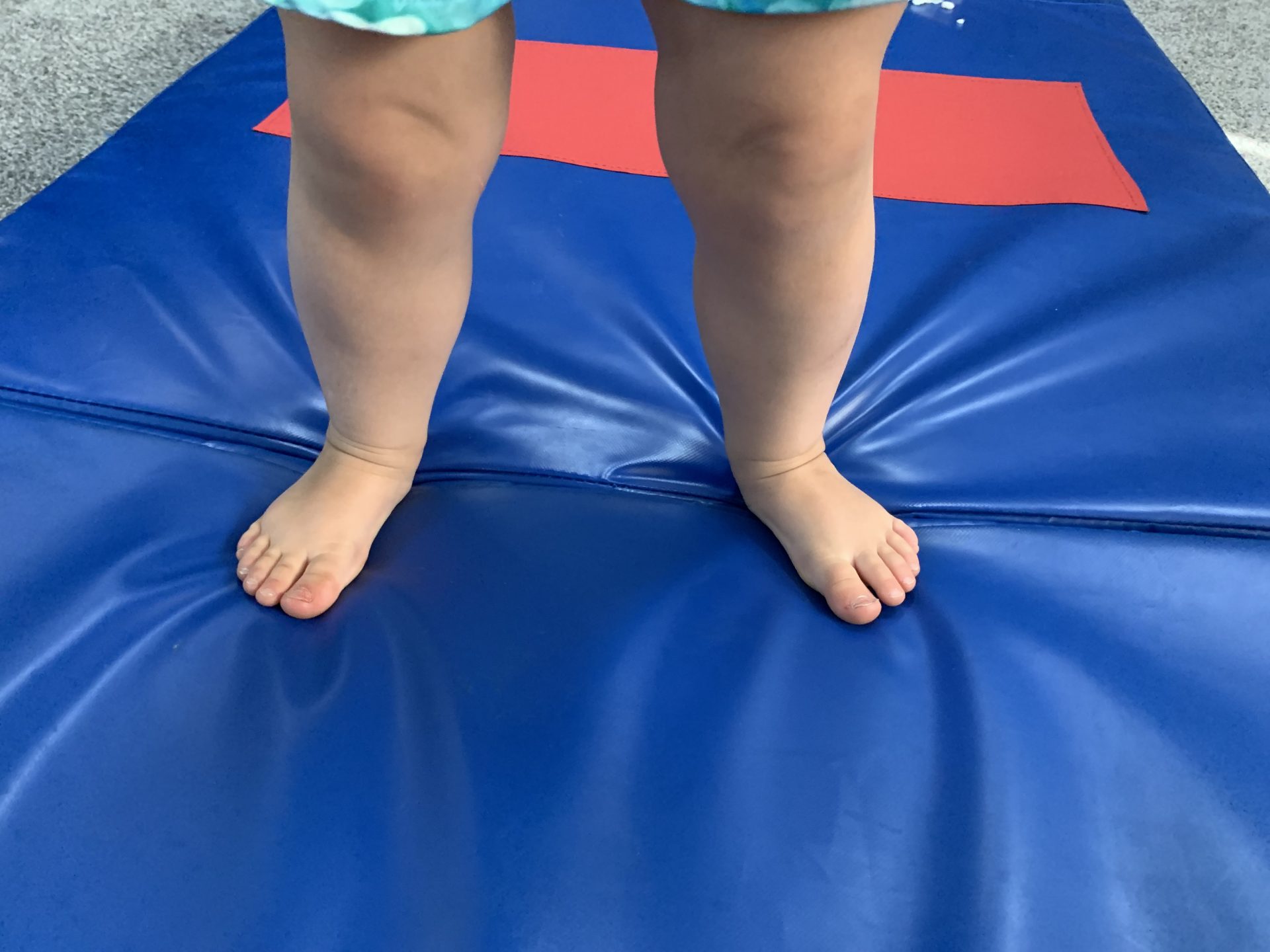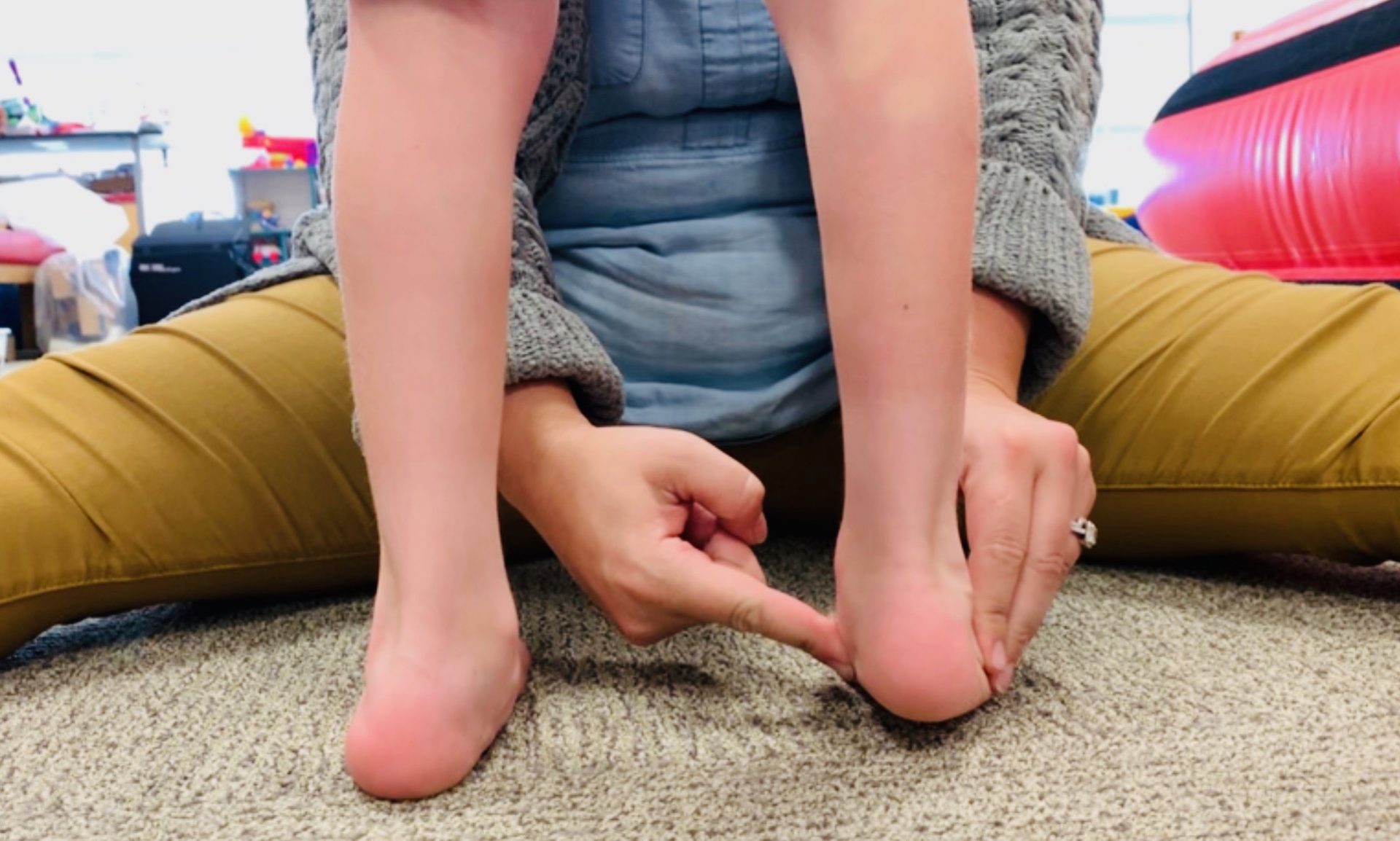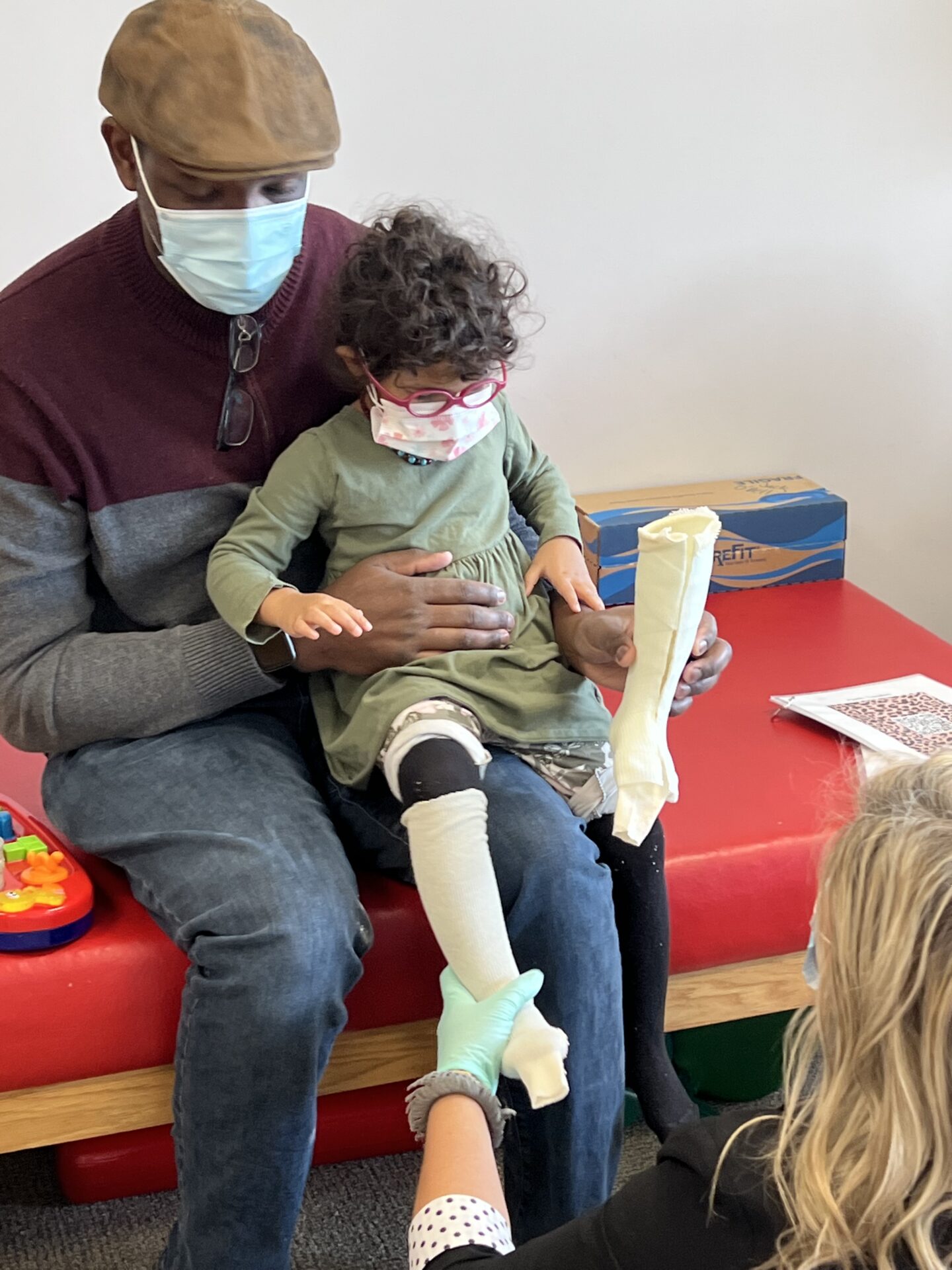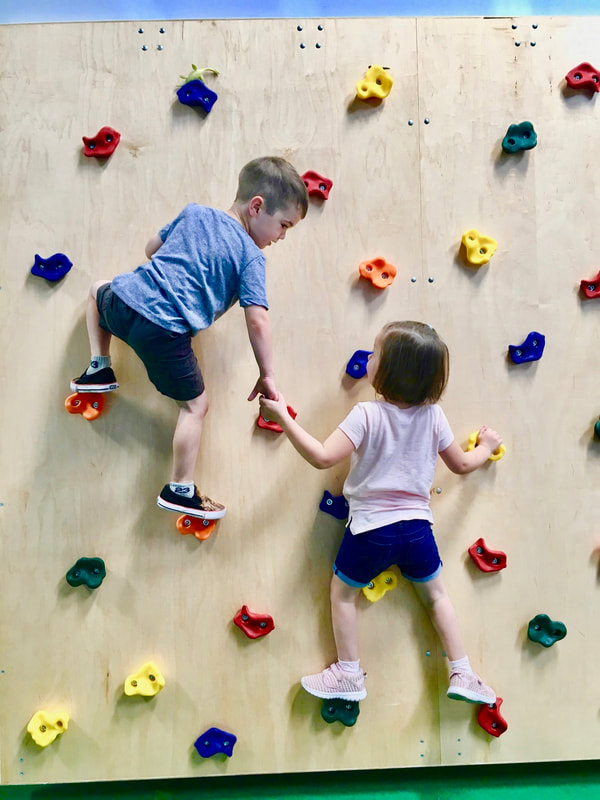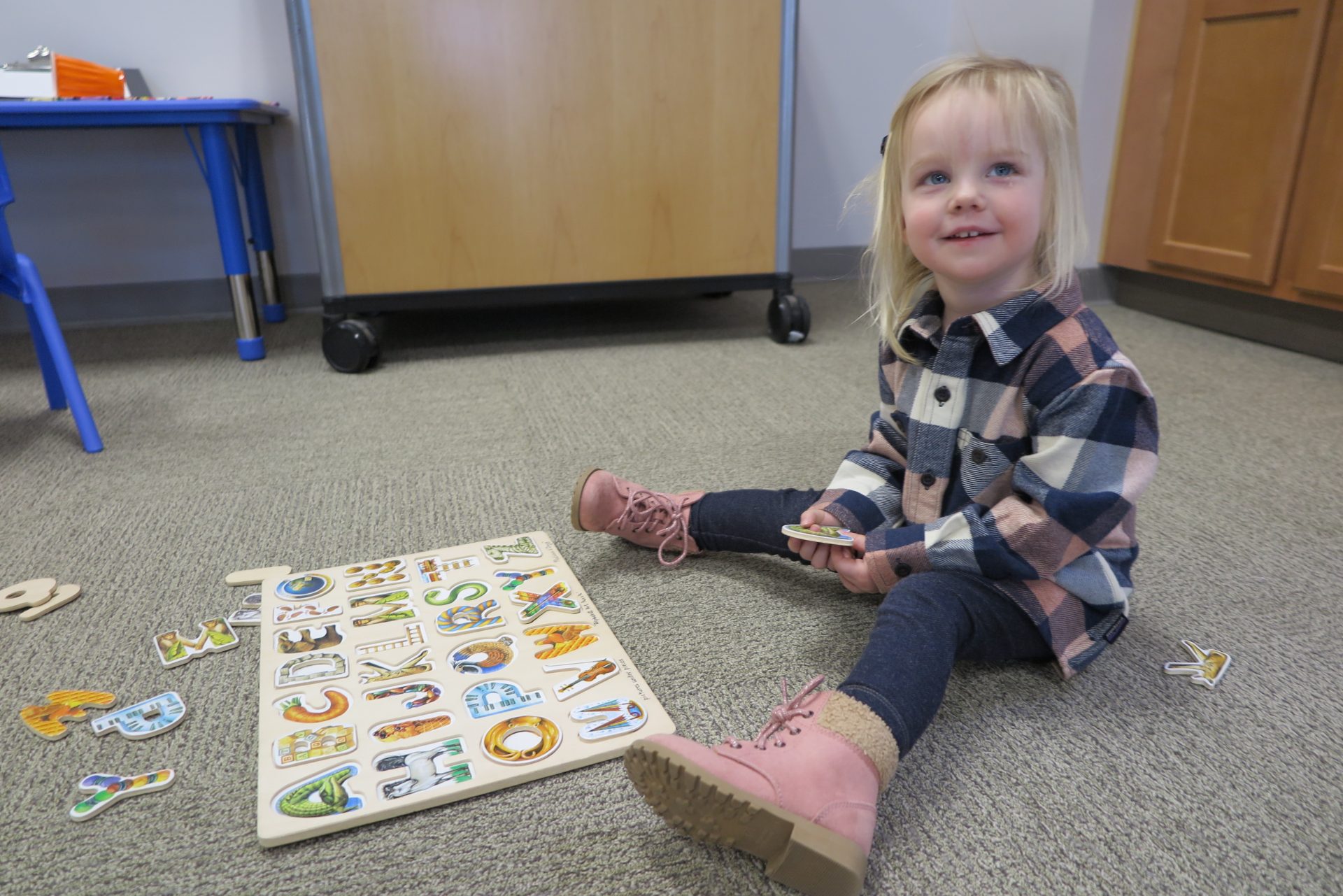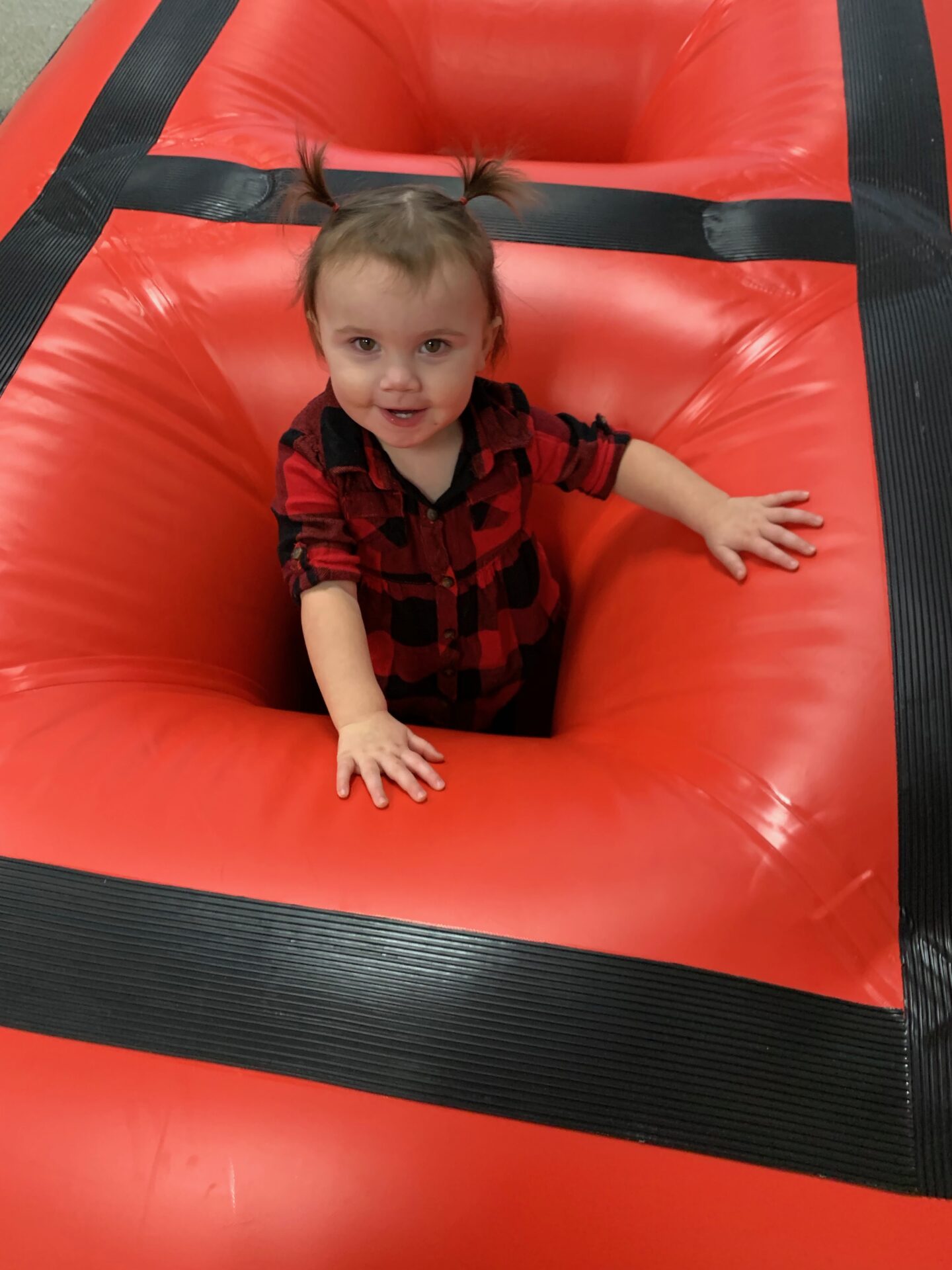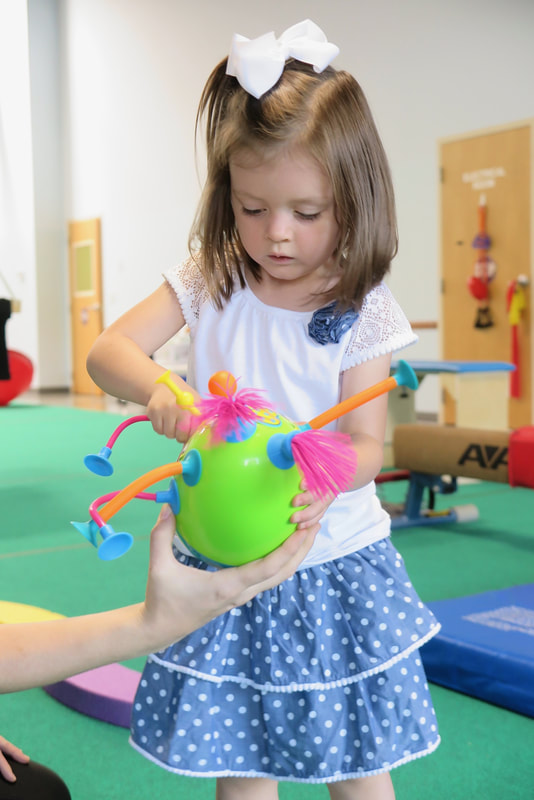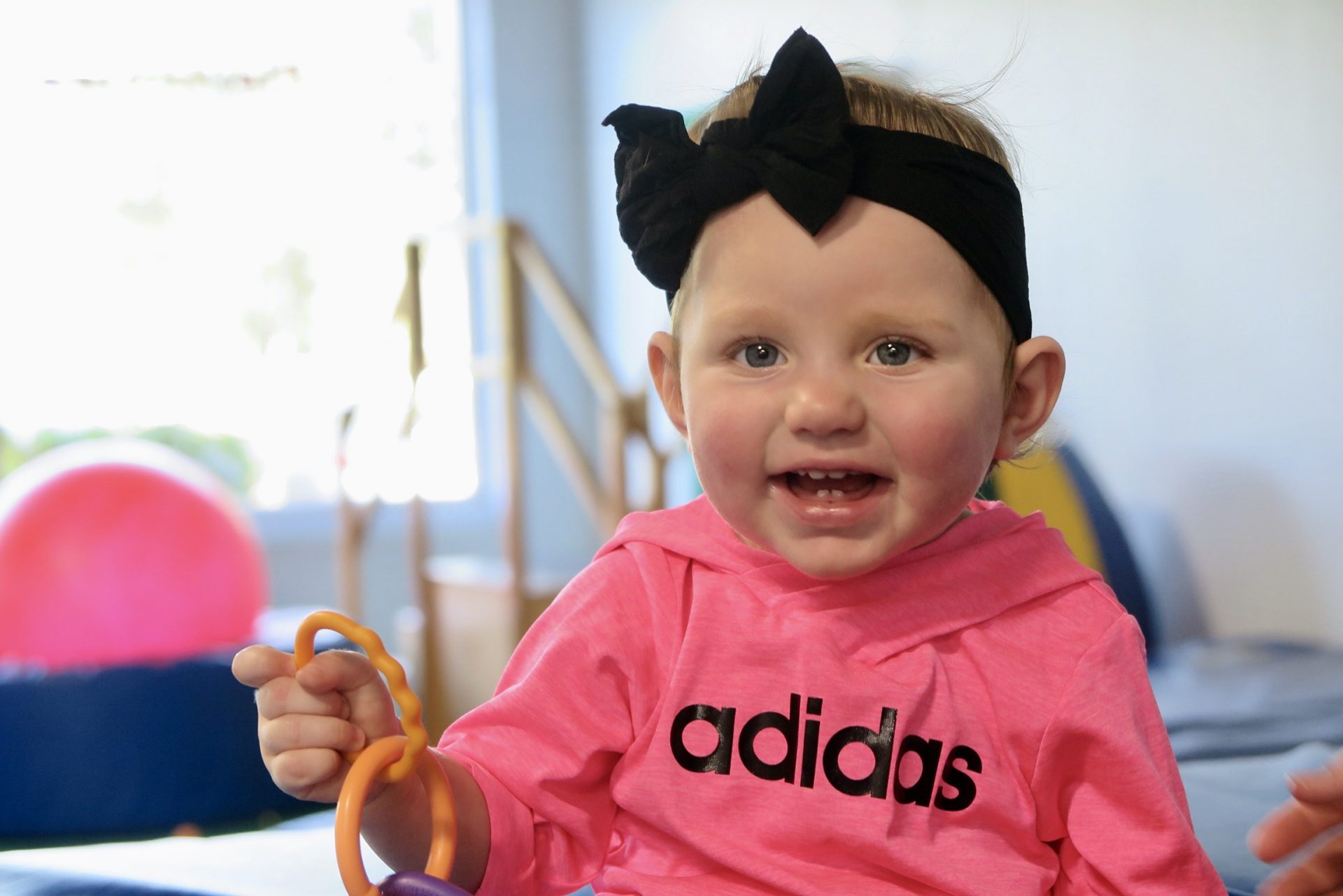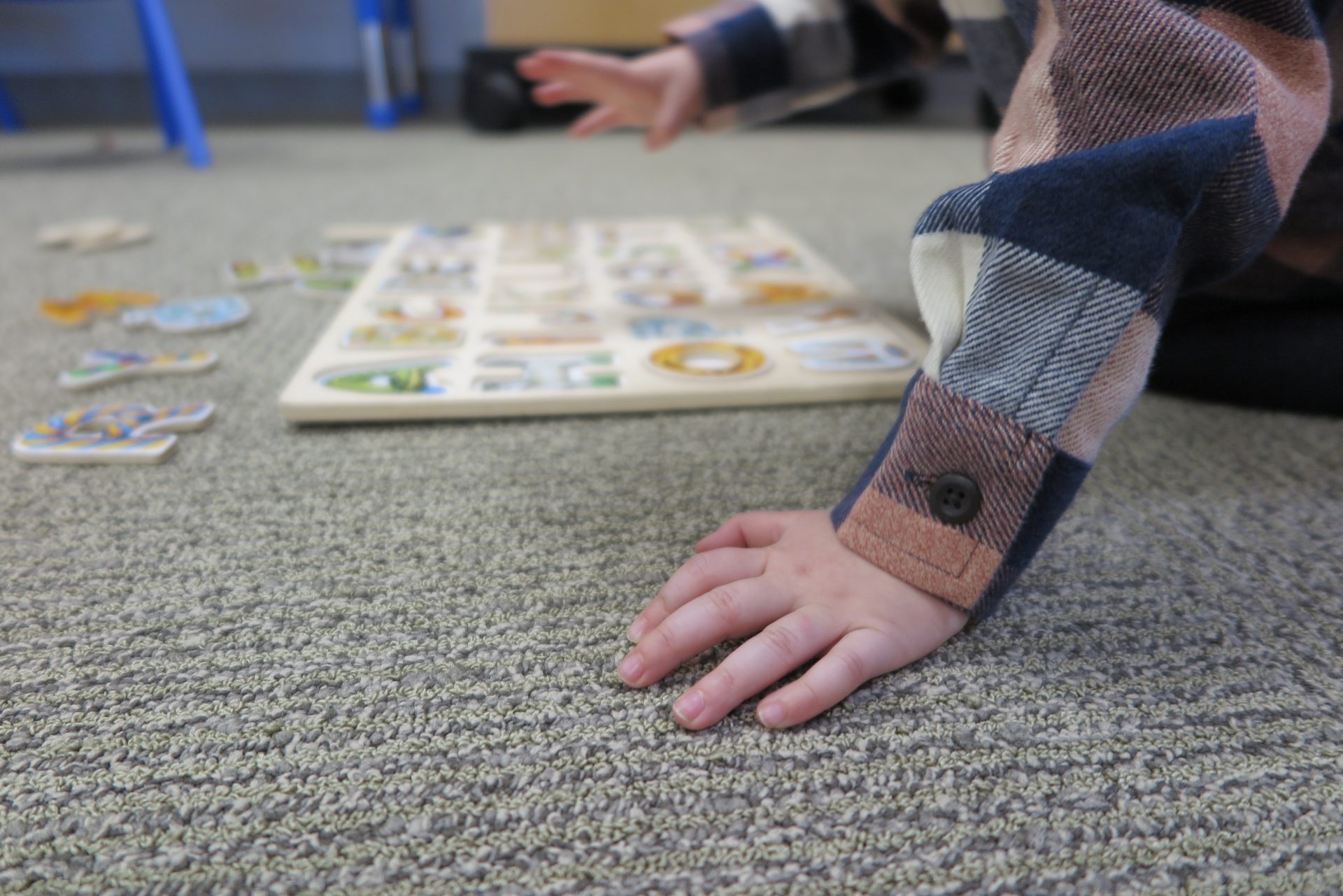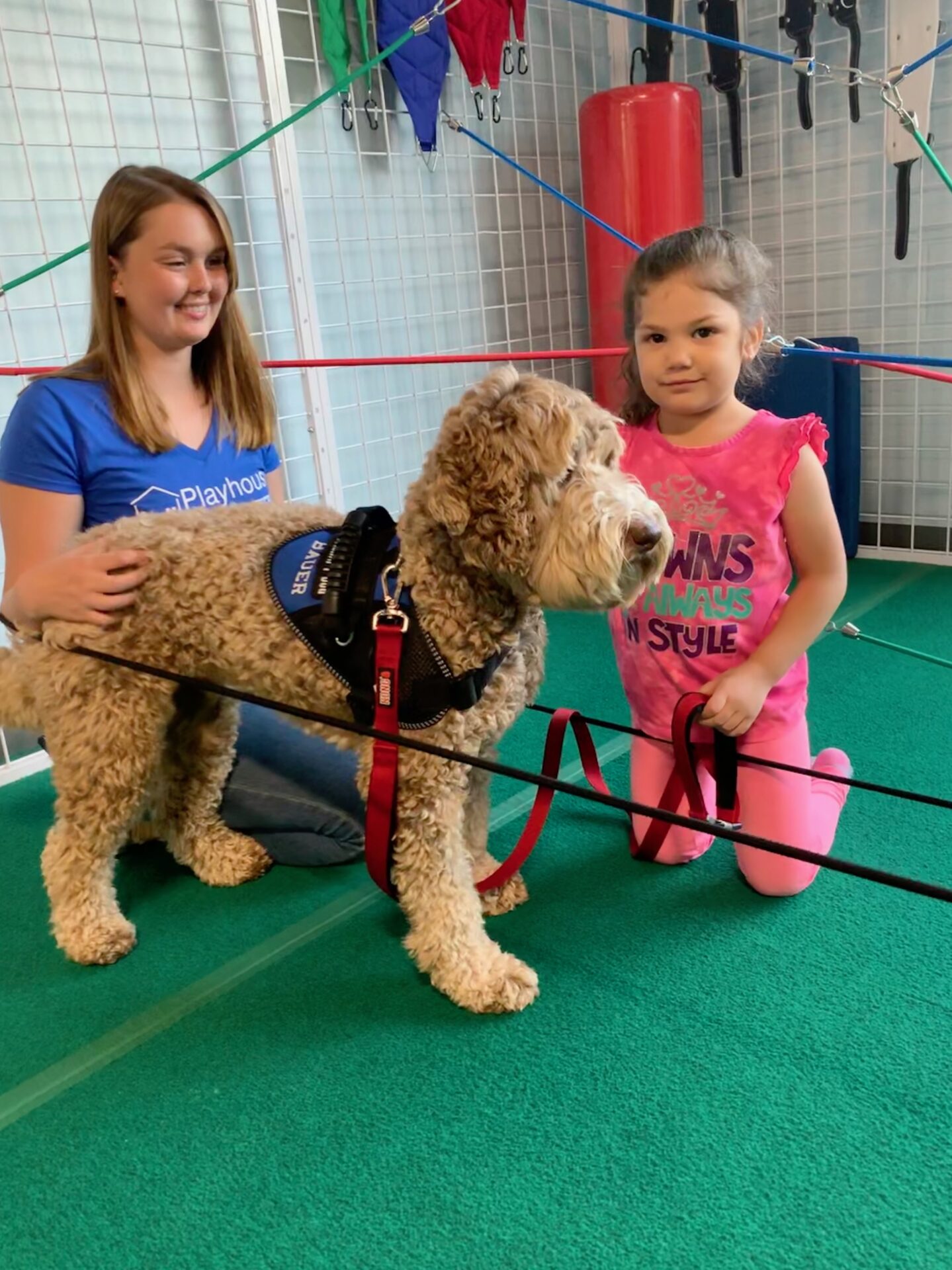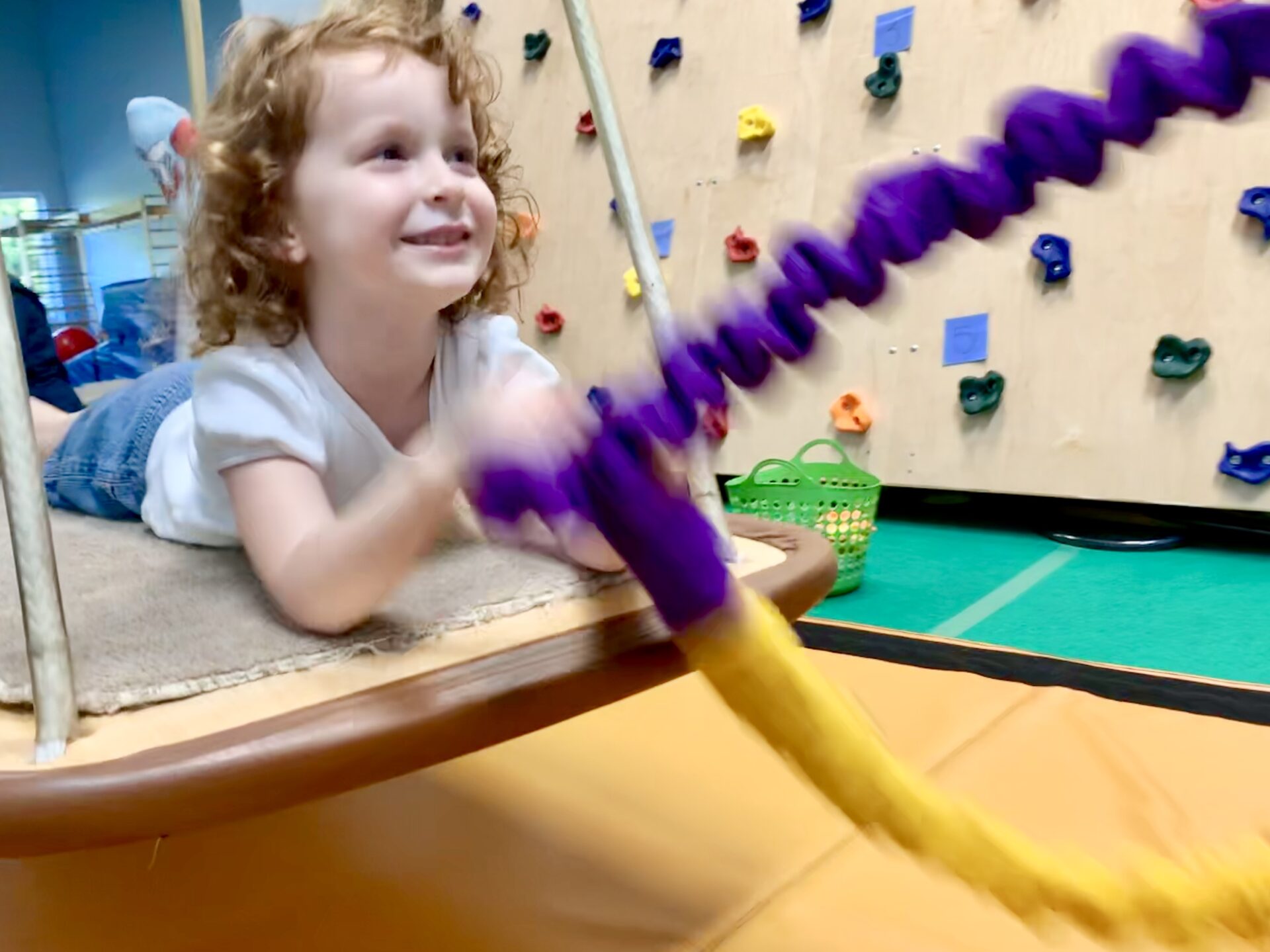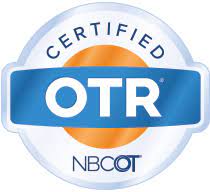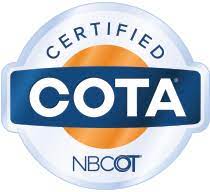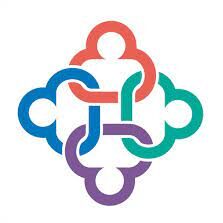Gait Clinic
BDI Gait Clinic
Have any questions about gait clinic?
Give us a call anytime at (708)478-1820 or sign up below!
What is Gait Clinic?
BDI Playhouse Children’s Therapy is excited to offer a monthly gait clinic using a team based approach to optimize a child’s gait.
- Designed for parents, therapists, and orthopedic specialists to discuss and determine appropriate orthotics based on each child’s needs.
- Includes on site modification, video analysis and clinical assessment to aid in appropriate orthotic and/or shoe recommendations.
- Follow up visits will occur based on orthotist and physical therapist guidance to monitor progress and adapt as needed.
Orthoses and/or shoe modifications can optimize gait mechanics by:
- Equalizing leg lengths Improving foot arch support
- Dynamically stretching tight muscles
- Activating appropriate muscles
- Enhancing energy conservation
- Increasing mobility and range of motion
Who is Gait Clinic for?
- Parents looking for input on your child’s orthotic intervention?
- Therapists looking to confirm or collaborate with your orthoses recommendations?
Who runs gait clinic?
Physical Therapists and Orthotists at the Gait Clinic:
- Offer experience in gait analysis and orthotic prescription
- Have extensive education in proper pediatric gait mechanics, gait analysis, orthotic recommendations, and shoe modifications
- Utilize the most current research based techniques
What do I need to bring to Gait Clinic?
- Athletic shorts and a T-shirt
- Shoes your child wears frequently
- Current orthotics and/or shoe modifications
- Insurance card
- Your questions and ideas!
Want to learn more? Read more about Foot Pronation here
Interested in Our Monthly Gait Clinic?
Give us a call anytime at (708)478-1820 or sign up for a gait clinic session below.
Download a Gait Clinic Flyer for Families here
Download Information for Professionals referring to Gait Clinic Here
